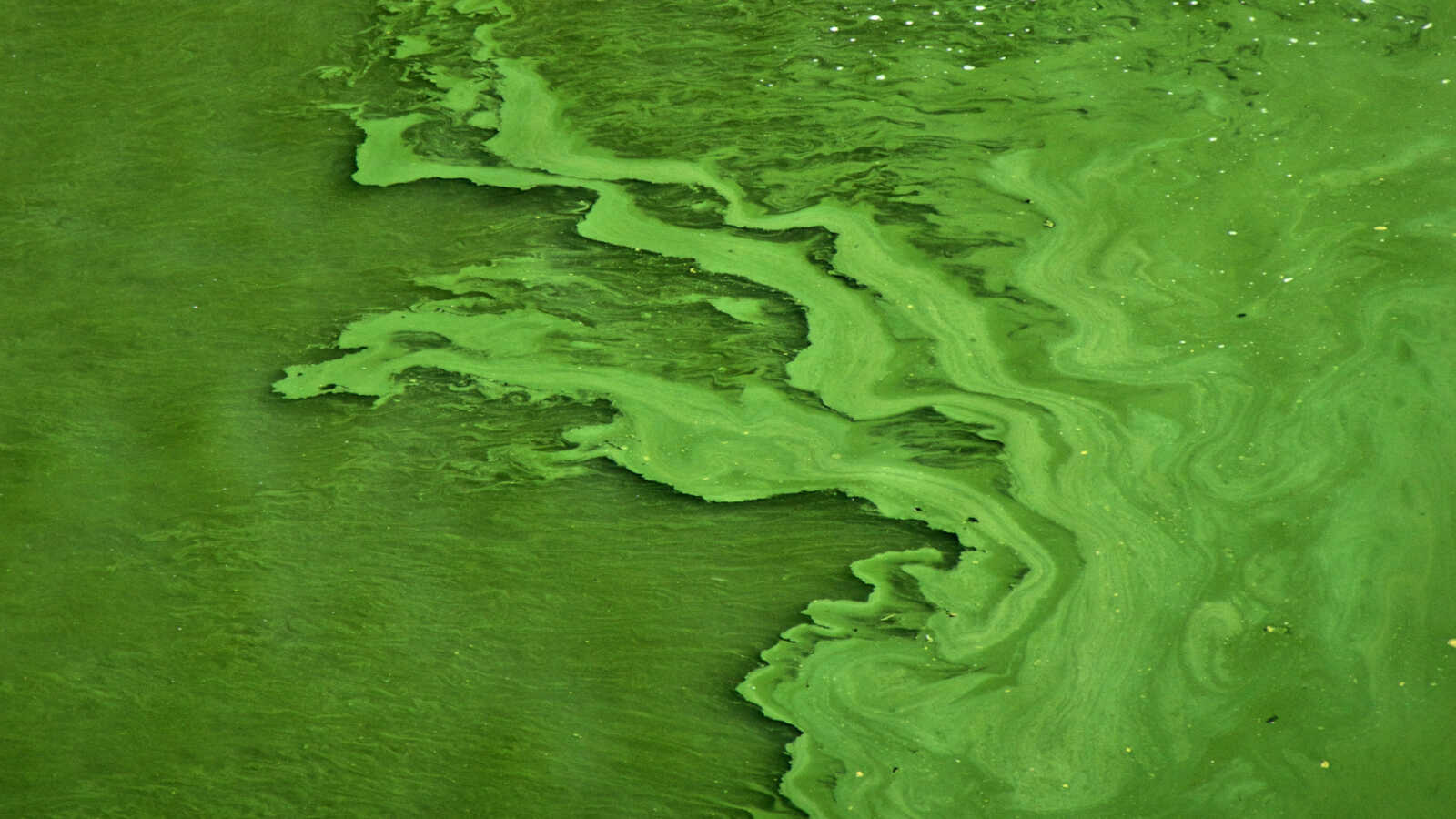In The Origin of Species, Charles Darwin cast his theory of evolution centered on a “struggle for life” principle – coined as the “war of nature” or the “survival of the fittest” in 1859. This principle is presented in the complete title of his legionary book – On the Origin of Species by Means of Natural Selection, or the Preservation of Favoured Races in the Struggle for Life.
This competitive “struggle for life,” Darwin had argued, occurs between the new and the original species. With the emergence of new species, they were imagined to compete even against their own parents:
“The principle of competition [is] between organism and organism, between child and parent… supplant[ing] the old and unimproved forms.”
Competition increases with increasing similarity. “As the species of the same genus,” Darwin argued, “the struggle will generally be more severe between them, if they come into competition with each other, than between the species of distinct genera.” Since then, however, the evidence directly challenges Darwin’s principle of evolution.
In the Laboratory
To test this hypothesis, a research team headed by Bradley Cardinale, of the University of Michigan, performing experiments on 60 species of fresh water green algae “failed to support Darwin’s theory,” according to Marlene Cions of the National Science Foundation.
“It was completely unexpected,” Cardinale said in an interview with Cions. “We sat there banging our heads against the wall. Darwin’s hypothesis has been with us for so long, how can it not be right?”
“Researchers were more than shaken to find that their experiments of fresh water algae failed to support Darwin’s theory,” Cions lamented in the LiveScience article entitled “Doubting Darwin: Algae Findings Surprise Scientists.”
Cardinale’s research team included Charles Delwiche, professor of cell biology and molecular genetics at theUniversity of Maryland, and Todd Oakley, a professor in the department of ecology, evolution and marine biology at theUniversity of California, Santa Barbara.
In an interview with Cions, Cardinale explained that they were so uncomfortable with the results that they spent the next several months trying to disprove their own work. But the research held up.
“The hypothesis is so intuitive that it was hard for us to give it up, but we are becoming more and more convinced that he wasn’t right about the organisms we’ve been studying,” Cardinale says.

The original intention of the research was to gain insights into the mechanisms of extinction target. “Many biologists have argued that we should prioritize for conservation those species that are genetically unique, and focus less on those species that are genetically more similar,” Cardinale explained. “The thinking is that you might be able to tolerate the loss of species that are redundant. In other words, if you lost a redundant species, you might not see a change.”
“We went into it assuming Darwin to be right, and expecting to come up with some real numbers for conservationists,” Cardinale said. “When we started coming up with numbers that showed he wasn’t right, we were completely baffled.”
“If Darwin had been right, the older, more genetically unique species should have unique niches, and should compete less strongly, while the ones closely related should be ecologically similar and compete much more strongly — but that’s not what happened,” Cardinale declared. “We didn’t see any evidence of that at all. We found this to be so in field experiments, lab experiments and surveys in 1,200 lakes in North America where evolution cannot tell us which species co-exist in lakes in nature.
“If Darwin was right, we should’ve seen species that are genetically different and ecologically unique, doing unique things and not competing with other species,” Cardindale adds. “But we didn’t.”
“Evolution does not appear to predict which species have good traits and bad traits,” he told Cions. “We should be able to look at the Tree of Life, and evolution should make it clear who will win in competition and who will lose. But the traits that regulate competition can’t be predicted from the Tree of Life.”
Darwin Wrong
Darwin “was obsessed with competition,” Cardinale opined. “He assumed the whole world was composed of species competing with each other, but we found that one-third of the species of algae we studied actually like each other. They don’t grow as well unless you put them with another species. It may be that nature has a heck of a lot more mutualisms than we ever expected… Maybe Darwin’s presumption that the world may be dominated by competition is wrong.”
Even the simplistic instinctive behaviors of algae asphyxiates Darwin’s guiding principle of evolution and the industry cult — evolutionism.
Evolution was once a theory in crisis, now evolution is in crisis without a theory.
Biological evolution exists only as a philosophical fact, not as a scientific fact.
Originally posted by Richard William Nelson, May 22, 2014: Algae Asphyxiates Evolution Principle








